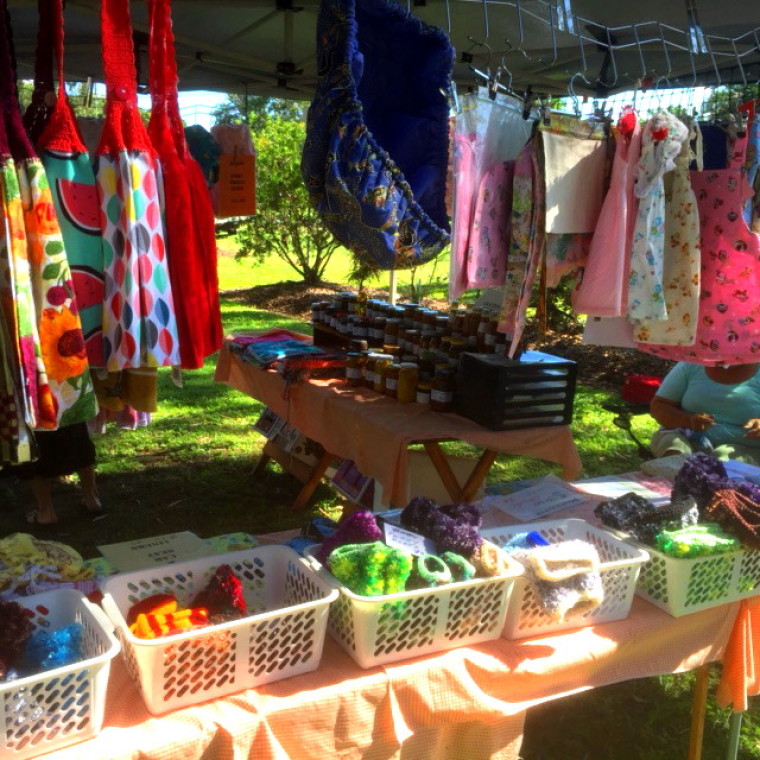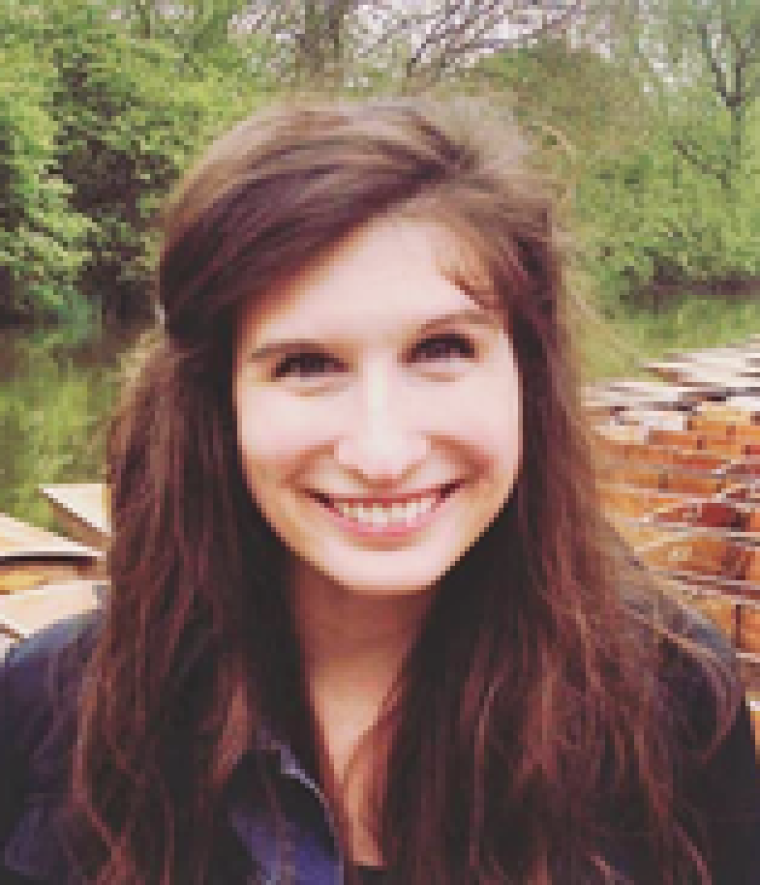

There is always some discussion as to whether the Government of the day toys with the idea that migrants be required to move to regional and rural Australia – at least for a certain number of years.
Over the past century, there have been many incentives for migrants to take up life in the country, the most well-known being the construction of the Snowy Mountains hydroelectricity scheme.
At that time were 22,821 migrants associated with 'bush' employment living and working in regional and rural Australia. In these cases, the move was voluntary because that was where the work was, and these migrants were pleased to have the contract.
Another report indicates that many who have moved to regional areas have adapted well, both partners often find work, and once they get used to the lifestyle they make new friends and find that country life is a very good alternative, even if they do not have all the 'bells and whistles' they are used to in the city.
We spent fourteen years in Moruya, a rural coastal community on the New South Wales south coast and I for one am enthusiastic about living in rural and regional Australia.
I recommend the 'bush' lifestyle to any families considering migrating to Australia, as this lifestyle has many advantages over city living. In rural Australia, there is a much greater emphasis on 'community' than in the anonymous city. In small towns, people know each other. Some say that they live too much in each other's back pockets, none-the-less the great advantage of this, is that rural people have a proclivity to care for their neighbours and when the need is there, a whole range of people come to help.
This illustrates how country folk look after each other. For example, if there is a new baby, there is never any shortage of meals being provided; should there be sickness, there will always be someone available to collect the kids and see them home safely.

Inclusive
In regional cities and country towns, people may have large assets but they often have little cash flow. There is not the 'readies' to finance school programs, sports equipment and facilities or community needs. Here, rural Australia comes into its own with ingenious ways to counter every issue, making sure that if someone is honoured is some way, there is money for the trip and accommodation.
If you want an all-inclusive party or ball that everyone in the town attends, then rural Australia is the place to come! From the annual Local Show Ball to the Debutante Ball for which the girls have saved for that special dress, and boys have actually attended dance classes to the excitement of the Year 10 and Year 12 formals each year - to New Year's Eve parties for the adults and the infamous 'Bachelor and Spinster' balls for the young singles, country towns know how to party!
No-one is excluded, following the traditions of older times when hard-working and isolated farm folk could forget their drab existence and come to town to kick up their heels for a night; sometimes travelling a hundred miles or so in their horse-and-cart.
Growing up in regional Australia, young people can gain a host of experiences that city young people simple do not encounter. Some of these include working on the family or friend's farm, or visits to a farm. Country kids would never, ever think that milk came in cartons or peas from the freezer!
There is a freedom for young people in rural areas and take on responsibilities far younger than their city cousins: firstly because security issues are not so foremost – since everyone in the town looks out for others, and knows their neighbours. Secondly because of necessity people have to do more for themselves if the tradesmen or facilities are not 'just a phone call away', kids learn to be more self-reliant and independent.

Hands-on
This is manifest in the way the community agencies provide everyone with hands-on involvement – there is simply no-one else to do it, everyone from teenagers upward has to take part if the community is to survive.
Whether that is with the SES, the Rural Fire Brigades, Church youth leadership roles, the RSPCA, the Guiding and Scouting movements, there are so many options. The advantage in a small town is that the meetings or training is 'local' and close by, so that transport is not such an issue; and also the parents and teenagers are often involved in the same community activities, together.
This participatory culture is extended to the whole community being involved in the school, the hospital and welfare groups with their various fetes and community fund raisers, dances, town functions and business gatherings. The rural community is one place where the local Shire Councillor and Mayor may live next door to each other – or to you - and seemingly many more things get done.
In my view, rural and regional Australia is a great place for families and any migrant would be well pleased to have the opportunity to live within such a close-knit communities. As they become welcomed into the community, they will bring a fresh view of other cultures, other foods, and perhaps better ways of organising community events and the whole nation can benefit as a mutual understanding develops.
These sentiments are reported 'first hand' in such report: ''One of the best things'', said a mother of three from Fiji, who now lives in Cooma, was that her circle of friends included a mix of Australian-born and people from many countries. ''There's no way we're moving,'' she said. ''A small country town is the best place. It's just perfect for us.''
Similarly our experience of our visits to the missionary Laguna Quays Respite cottage (Midge Point) on the Whitsundays mainland - this Friday evening is the community Christmas party and Saturday the all day Emergency Services fun day.

Dr Mark Tronson is a Baptist minister (retired) who served as the Australian cricket team chaplain for 17 years (2000 ret) and established Life After Cricket in 2001. He was recognised by the Olympic Ministry Medal in 2009 presented by Carl Lewis Olympian of the Century. He mentors young writers and has written 24 books, and enjoys writing. He is married to Delma, with four adult children and grand-children. Dr Tronson writes a daily article for Christian Today Australia (since 2008) and in November 2016 established Christian Today New Zealand.
Mark Tronson's archive of articles can be viewed at http://www.pressserviceinternational.org/mark-tronson.html